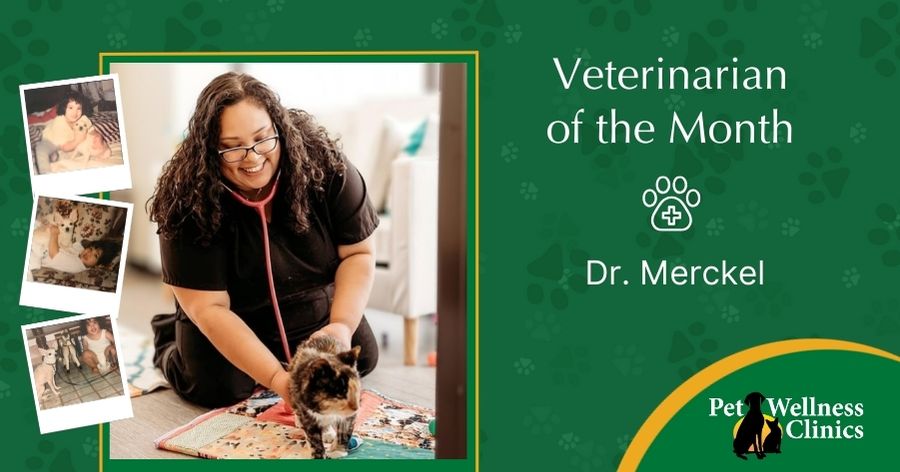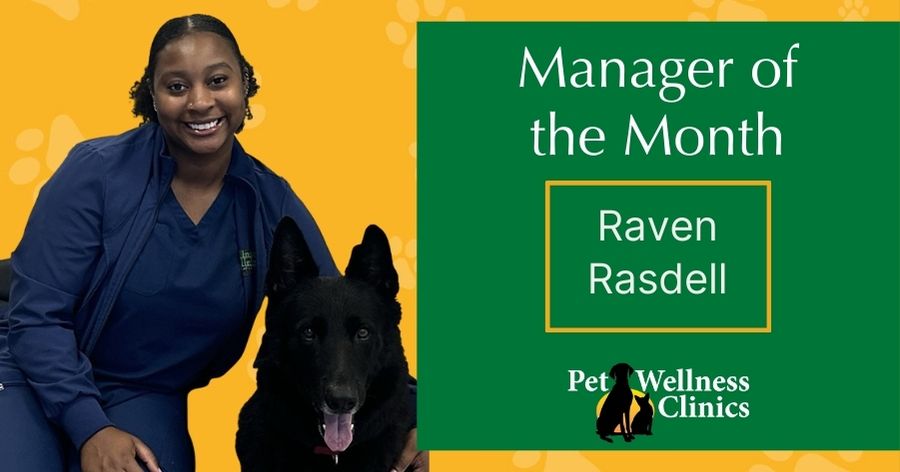From the moment your pet is diagnosed with a heart murmur, you’ll probably consider the worst. However, for most pets that have a heart murmur there is no deteriorating heart health problems. In most cases, it does not affect your pet’s quality of life or how long they lives. The prognosis is therefore not for the murmur but for the underlying condition that is causing the heart murmur. This can vary according to the severity of the issue.
A heart murmur is an abnormal sound a veterinarian hears when they listen to your pet’s heart with a stethoscope. The sound of a heart is similar to a “lubb” and a “dubb”, which are the sounds of the heart valve opening and closing. With a heart murmur an additional “whooshing” sound can be heard, which indicates a disturbance of the smooth flow of blood through the heart.
It can be ranked by intensity from grades one to six, with one being barely audible to six being the loudest. This grading system is a way for veterinarians to characterize the heart murmur and it doesn’t necessarily correlate with the severity of the heart murmur.
Although some pets with a heart condition don’t show outwardly signs, if you’ve been told your pet has a heart murmur, here are 5 signs to watch out for:
If you notice any of these signs in your pet, you should call your veterinarian and schedule an exam. Aside from monitoring his heartbeat, your vet will also have your pet undertake several tests to accurately determine their condition. Electrocardiogram, chest x-rays, heart ultrasound and blood and urine tests will be administered. Once your pet’s condition is determined, you can proceed to plan out the best course of treatment to take for them.
Unfortunately, you can’t do anything if your pet has a murmur, but you can take steps to make sure their heart gets the best possible chance of staying strong and healthy. A heart murmur is a fairly common condition that occurs in pets. It can be frightening to learn that your pet has a murmur. Fortunately, the condition itself is not a grave cause for concern. It does however mean that there may be an existence of a problem in the heart or externally in your pet’s body that needs attention. Many pet owners have very caring and observant vets that will provide the necessary guidance in how to treat the condition.


